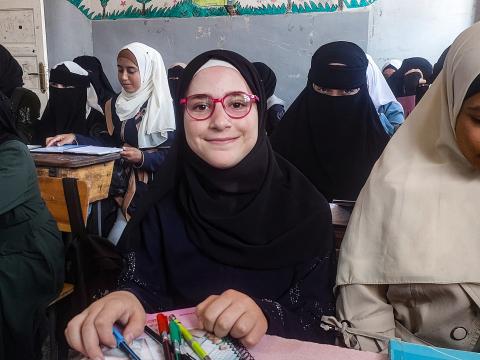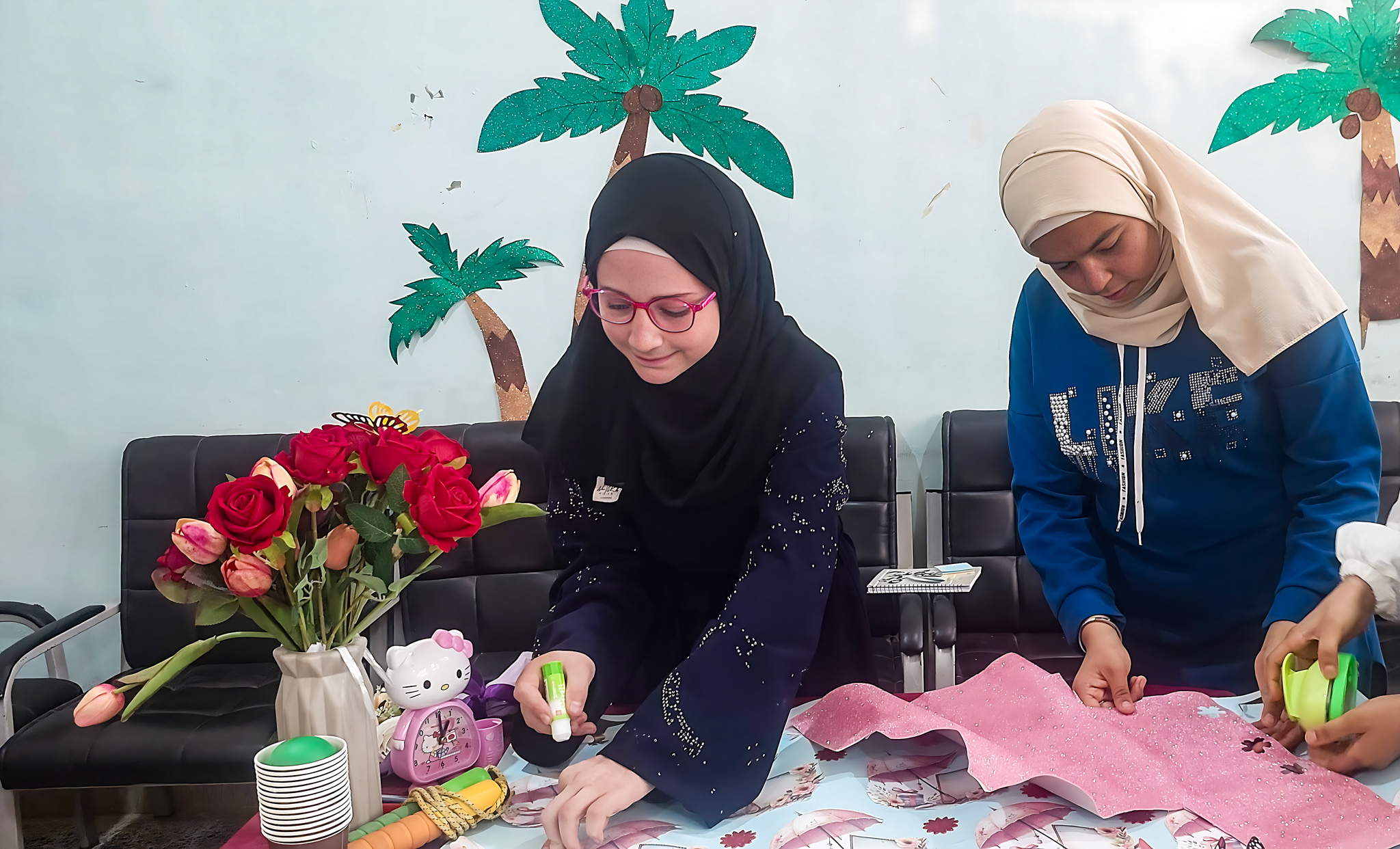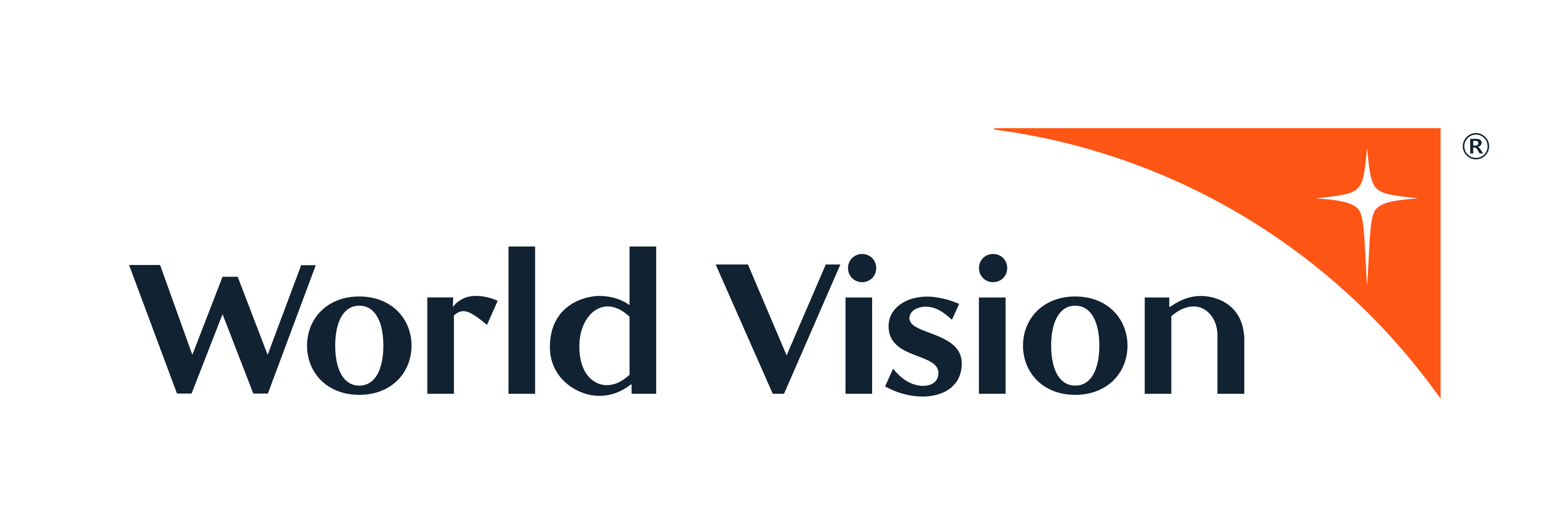Lina’s glasses of hope

13-year-old Lina's* world once looked like a foggy mirror; unclear and confusing. Her poor eyesight made every school lesson feel like a battle she was destined to lose.
Despite the challenges in Syria, Lina longed for an education."I could hear the teacher’s voice, but the board was just a blur. Sometimes I cried on the way home because I felt different. Some girls even made fun of me, and I just wanted to disappear," she says.
This didn’t only leave a mark on Lina. Her mother remembers those gloomy days vividly, “She used to come back from school devastated with her head down, saying she couldn’t keep it up. It broke my heart because I knew she loved learning.”
In Rural Aleppo, Lina and her family live in a modest mud house where electricity and water are often cut off. Adding salt to the wound that is their daily struggle, her father has been unemployed for months: Syria's unemployment is estimated at 24%.
In 2022, Lina's life was transformed when World Vision Syria Response’s (WVSR) Knowledge is Power education project reached her school.

Funded by UNOCHA’s Syria Cross-border Humanitarian Fund, the project provided students, grades 5 to 12, with textbooks, school supplies, and exam support materials to strengthen their academic performance and uplift financial constraints.
The project also enhanced the school environment through rehabilitation work, which included the installation of shades and repairing desks, and equipping teachers with targeted training to improve their skills.
Focusing on children’s wellbeing, the project provided psychosocial sessions, referral services for children with disabilities and distributed items such as glasses and hearing aids. The project also encouraged community engagement through the formation of Parent and School Management Committees.
Finally, one of the most important aspects of the project was Cash-for-Education, a transportation allowance for children commuting to school, especially helpful for children living in camps and remote areas. This allowed many children who were pushed into the labour market or child marriages to re-enrol in school and focus on their education.
Lina’s vision was tested, and soon after, she received her very first pair of glasses, free of charge and customised to fit her needs.
The moment she wore them, it was as if the world opened its arms to her, “for the first time, I saw the board clearly. I saw my teacher’s face, the letters in my book, even the smiles of my friends. My world finally became clear”.
But the glasses were only the beginning. The project also gave Lina access to psychosocial support and awareness workshops while her teachers encouraged her along the way. Slowly, the shy girl who once found refuge at the back of the classroom began raising her hand, laughing with her now new friends, and answering questions with confidence.
“The old Lina is back now,” says her school principal. “She is much happier and believes in herself again. Her grades also improved and she’s even making new friends”.

Thanks to UNOCHA, today, Lina has a big dream, she wants to become a doctor, helping children who, like her, once felt like the world was shutting them out. "I used to feel like my dreams were hidden behind glass. Now, I see them clearly. One day, I will help children see their own dreams too”, she concludes.
Lina is just one of the thousands of success stories, as the project reached over 7,000 student and over 300 teachers with the project services in 16 schools in Rural Aleppo.
Despite the challenging circumstances, Lina’s story highlights that sometimes even the simplest of support can transform lives and equip children with the tools for a thriving future.
*Name changed to protect identity

